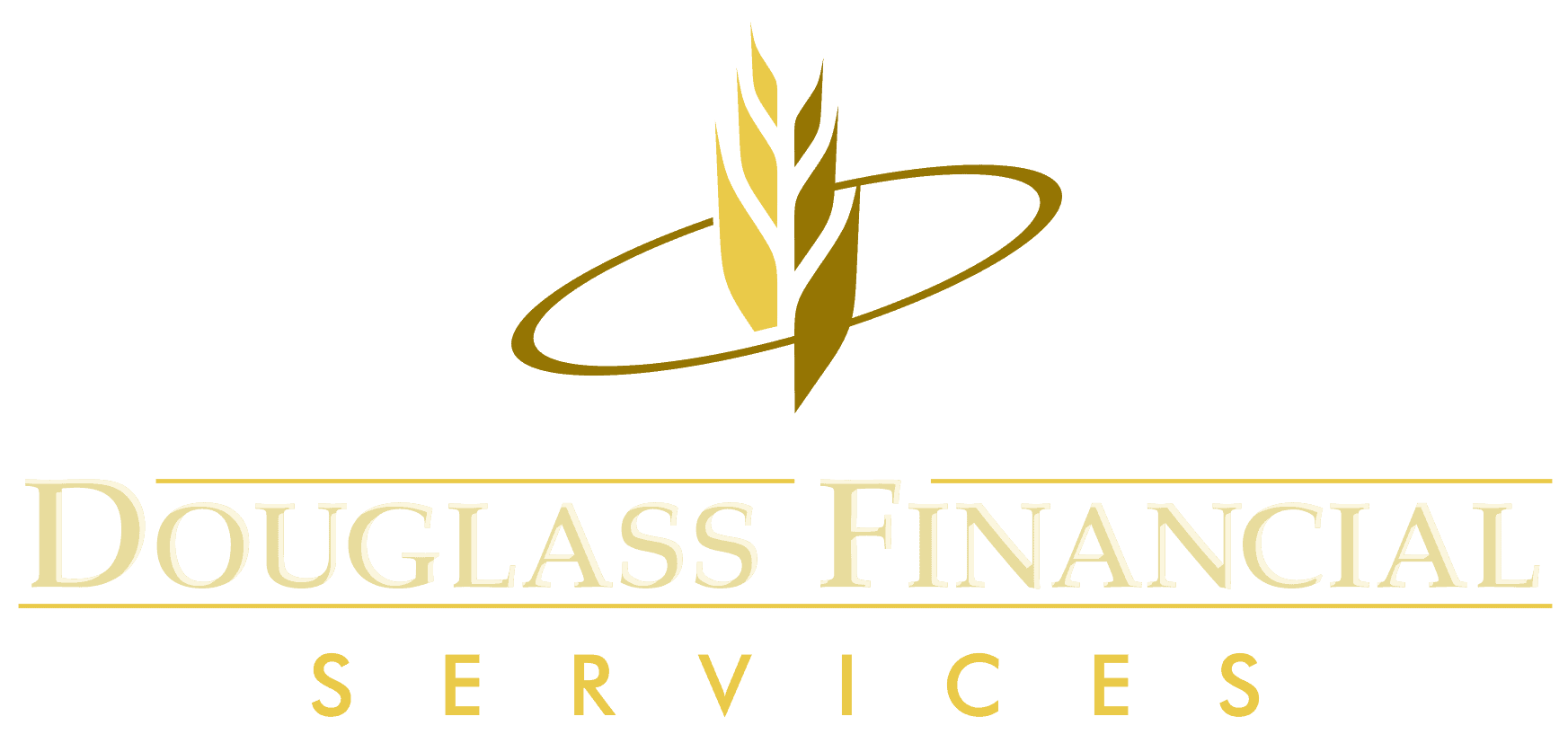Lifestages Series: Single/New to the Workforce
Over the years, we have tried more and more to make financial education a cornerstone of what we do for people.
And as the old adage goes “the earlier the better.” So today I thought I’d spend a few moments speaking to those who are in the early part of their careers and financial lives…or in today’s vernacular, those who are "adulting."
It as actually a pretty timely topic because Connie and I have just launched our eldest daughter, Maddie, into her first full-time job, and we have spent time over the past year or so discussing these same issues (so this post would be for parents of young adults as well =).
The first step in any young adult’s financial life should be to make sure that you have an emergency/savings fund (funds that could be used for unexpected expenses, like dental or medical costs or even unplanned travel expenses).
A general rule of thumb is to try to build up at least 3 months of gross monthly income in this account (e.g if you currently are making $3,000/mo., then you would try to build up $9,000 in this account).
Of course, every situation is a bit different, so you need to consider what debt load you are currently under and the stability of your current job situation…both of those things would impact how much you would want to keep in a primary reserve. [I’m not going to spend time in this post about how to manage debt, although that is obviously a huge topic and challenge that exists for young people today. My encouragement for those that are carrying a high debt load (e.g. $10,000) is to seek individualized advice on how to attack that.]
Tied to this first step is the beginning of some sort of budgeting process.
I think it is important for every young person to have a tracking system, so you know where your money is being spent and then can be mindful of whether your spending is exceeding the money you are bringing in. There are lots of great apps out there nowadays to help with this. I like and use Mint to track our spending, and there are others such as Acorn, etc. that you could check out.
The second step would then be to identify any near-term goals that you want to begin saving for.
House or car down payments or further schooling would fall into this category. I am an advocate of setting up a separate bank or money market account and saving directly into that for these sort of items so you can see how you are doing.
Finally, it would be great if you could start contributing to a retirement account in this phase of your life.
The power of compound interest on early savings means that dollars put away at this stage are the biggest contributor to how much you’ll have in retirement. I can’t tell you how many middle aged/older adults have expressed undying thanks for a co-worker or friend in their life who adamantly encouraged them to begin saving for retirement in those early working year…even if it is just $50 or $100 per month. And if you work for an employer that matches what you put in, then that is a no brainer…starting your retirement plan sooner rather than later is a must do.
Little things done well at this stage can set you up for great success later in life.
